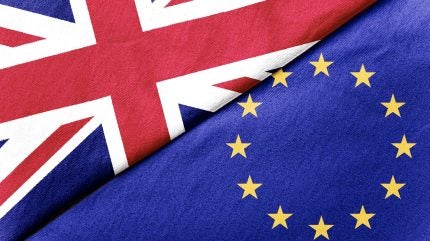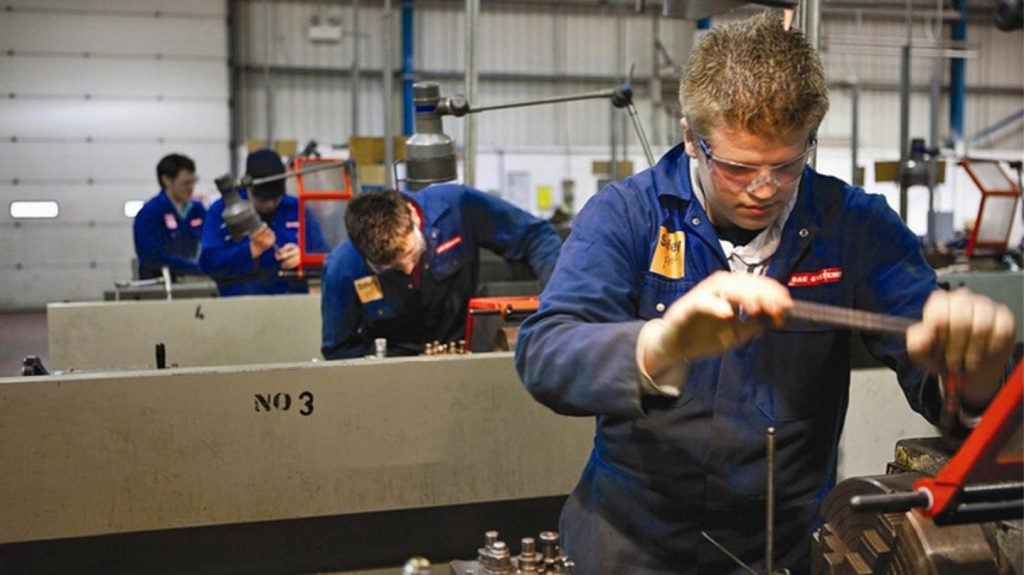
The recently announced and long-awaited UK-EU deal, intended to smooth a path for a variety of sectors that had ridden a rocky road in the years since Brexit, has doubled down on an ambition to use defence as a vehicle for economic growth.
A desire for increased defence spending, resultant from Russia’s ongoing war in Ukraine and a partial dismantling of the US security umbrella in Europe that underpins Nato, is an opportunity for countries to lean into their respective defence industrial bases, as much of economic reasoning as military.
For the UK, recent utterances by the UK government of making its defence sector “an engine for growth”, as said recently by UK Defence Secretary John Healey at the London Stock Exchange, indicates the desire is less about capability, as ensuring jobs.
Announced on 19 May, the UK government confirmed that the new deal would “pave the way” for Britain’s defence industry to participate in the EU’s €150bn (£126bn) Security Action For Europe (SAFE) defence fund.
SAFE constitutes one pillar within the EU’s ReArm Plan that enables defence spending of up to €800bn to increase Europe’s defence market competitiveness and promote cheaper, collective procurement.
UK-EU deal reaction: skills and logistics key
Reaction to this week’s UK-EU deal has been mixed, with some sectors, such as the UK’s fisheries, unhappy with the concessions granted. In contrast, defence had nothing to lose and everything to gain through greater collaboration with Europe, and has largely welcomed the news, albeit with caveats.

US Tariffs are shifting - will you react or anticipate?
Don’t let policy changes catch you off guard. Stay proactive with real-time data and expert analysis.
By GlobalDataHowever, while potential access to a greater share of the SAFE funding that would have been possible purely as a third-party (non-EU) – currently fixed at a 33% maximum – the deal lacked crucial details around skills growth and development, according to Engineering by Murray.
“The detail that has been published so far is lacking one key element: what steps will be taken to increase the volume of core skills to deliver against the growing demand. The STEM skills shortages facing defence employers are significant and will hinder any potential growth unless addressed quickly,” said Chris Nelson, associate director at Engineering by Murray.
Continuing, Nelson said that access to the SAFE fund would “certainly help”, but only if the investment is channelled into the right type of skills.
“There’s a range of specialist engineering talent needed to deliver against the emerging demands of the defence industry and at the moment, these aren’t being developed on the scale needed,” Nelson stated.

For M&E Global, which provides skilled workers to support a range of global miliary operations across the warfighting domains, the UK-EU defence deal would “bolster security cooperation and resource sharing”, at a time of great geopolitical uncertainty.
“With Britain considering participation in EU civilian and military crisis management as well as joint procurement initiatives, the potential for more seamless defence coordination is growing,” commented Gordon Woodward, managing director at M&E Global.
Most critical, according to Woodward, would be to streamline military mobility through the creation of better transit corridors, reducing logistical bottlenecks and improving coordination.
“Cross-border movement of personnel and assets must be facilitated with speed and precision, ensuring rapid responses to emerging challenges,” Woodward explained.
With this in mind, the UK’s decision to join the military mobility programme of the EU PESCO defence structure is notable, which was authorised by the European Council in 2022.
For the EU, it stands set to add the UK’s specialisms in key defence sectors, and potentially reduce the per unit cost for EU defence programmes in future through greater economies of scale with the inclusion of London’s own commitments.
Speaking on 19 May, European Commission President Ursula von der Leyen laid out the limited details of the UK-EU defence and security partnership, which she said “opens the door towards joint procurement” alongside EU member states.
SAFE and secure: UK government will focus on jobs
Much of the UK’s procurement on major land, sea, and air programmes over the next decade and beyond are already in place, with the UK government defence mantra of ‘in service by 2030’ attaining meme-like status.
From the UK-German Boxer and RCH155 armoured vehicles programmes, to the trilateral Global Combat Air Platform (GCAP) and UK-French FC/ASW, big-ticket defence projects are already in place that would preclude the need for the UK to join a current or future EU-wide acquisition, such as the CAVS endeavour.
Instead, the UK will likely utilise SAFE programmes to further bolster UK defence sectors and not necessarily introduce a UK military capability, in order to further the message that military projects should also provide economic prosperity.
Additional reporting from John Hill.



